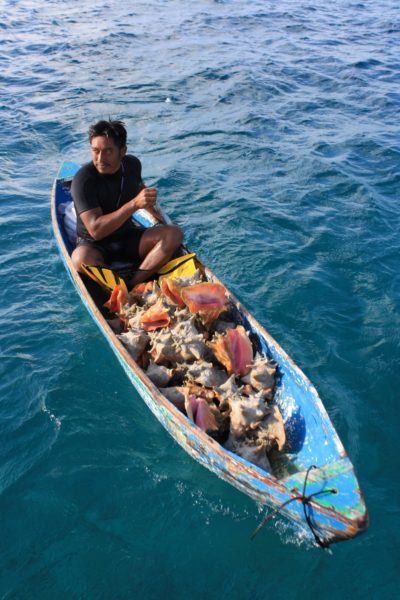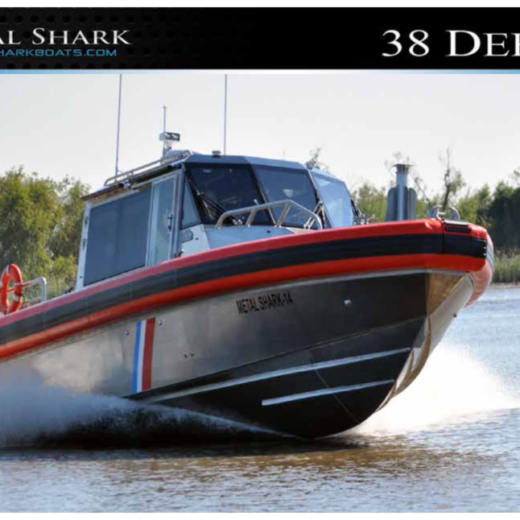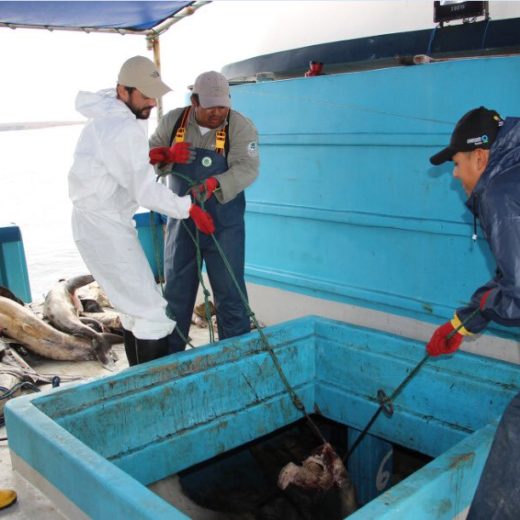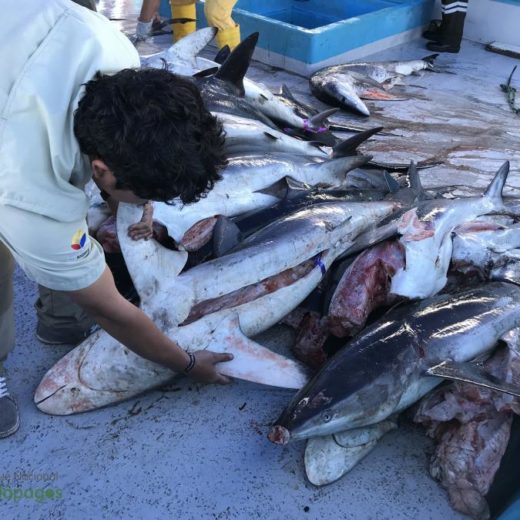
WildAid applauds GNP’s proactive approach to conservation
Early last week, a fiberglass fishing boat was intercepted within Galapagos National Park (GNP) and discovered to be using longlines to capture fish, a method prohibited within the reserve. Three fishermen were arrested and a dead shark was discovered on board with a hook still in its mouth. Five miles outside of the reserve was a larger fishing vessel, waiting for this boat and six others to return with the day’s illegal catch from inside the park.
Overfishing threatens the GNP every day as large fishing vessels crowd around its edges. Occasionally a ship will illegally fish within the reserve, however many have learned to stay away since the GNP introduced satellite technology in 2009 to track the movements of these larger vessels. Since then, captains and park officials have been playing a game of cat and mouse as smaller vessels without transponders covertly enter the reserve, use longlines, and return to the mother ship with the day’s catch before the authorities can be dispatched.
Last week’s arrests show how GNP officials are adapting to the new threat by interpreting data and react in real-timescenarios.
“After launching this technology with the GNP back in 2009, the park officials have experienced one success after another,” said Marcel Bigue, Marine Program Director at WildAid. “While the technology allows the team to monitor vessel activity, it is really their interpretation of this information that results in arrests and ultimately keeps the park’s marine life from being over fished.”
WildAid, working with partner organizations Conservation International and World Wildlife Fund, assisted the GNP in the design and implementation of the electronic monitoring system in 2006. Since its installation in 2009, GNP officials have begun more efficiently and effectively patrolling the world’s fourth largest marine reserve (133,000 km2) by dispatching boats only when necessary.
Stay in touch and get the latest WildAid updates.
SIGN UP


